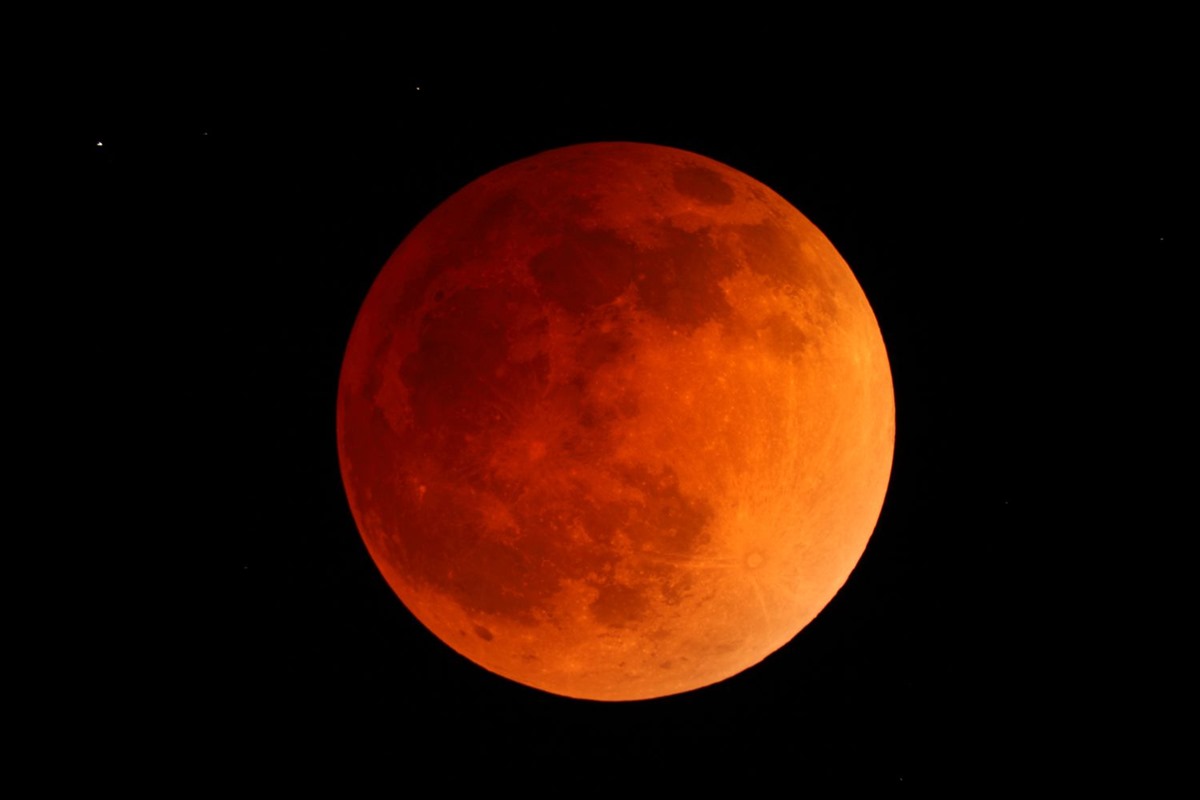Lunar Eclipse 2023: Visible in India on October 28-29
Lunar eclipse in 2023 visible in India on the night of October 28-29. Learn more about its timing and popular beliefs.
Witness the partial lunar eclipse on September 18, 2024, visible across North and South America, Europe, parts of Asia, and Antarctica.

File Photo
Get ready to treat yourself with the view of a partial lunar eclipse (Chandra Grahan) on September 18, 2024 that will last over a span of 4 hours and 7 minutes. If you live in North and South America, Europe, parts of Asia, and Antarctica, this event will be a sight to behold.
However, observers in India will miss out as the eclipse will occur during early morning hours in this part of the world.
Advertisement
The eclipse will begin at 6:10 AM IST, with the partial shadow of the Earth first making contact with the moon. By 7:40 AM IST, the moon will be partially covered by Earth’s shadow, reaching its peak at 8:12 AM IST. The event will end at 10:17 AM IST.
Advertisement
A lunar eclipse occurs when the Earth aligns between the Sun and the Moon, casting a shadow over the lunar surface. During this partial eclipse, the moon will show a dramatic appearance as Earth’s shadow partially obscures it, creating a striking visual effect. This phenomenon is not only an astronomical marvel but also holds significance in various cultural and astrological contexts.
From an astronomical perspective, a lunar eclipse is a very interesting natural occurrence. It depicts the intricate movements and alignments in our solar system, of the celestial bodies. This particular eclipse, being partial, means that only a portion of the moon will pass through the Earth’s shadow, which means you will observe a less dramatic effect compared to a total lunar eclipse.
In astrology, however, lunar eclipses are often more than just a visual event. They are believed to influence personal and emotional dynamics. A full moon, which coincides with a lunar eclipse, is thought to amplify emotions and offer a chance for reflection. According to astrologers, this is a good time for introspection and spiritual practices such as meditation and mantra chanting.
The concept of eclipses are often equipped with a set of traditional beliefs and practices. Some cultures advise avoiding certain activities during an eclipse, such as cooking or using sharp objects, because according to them, these times can bring negative energy.
While these practices are rooted in cultural traditions, modern astronomical perspectives view eclipses as natural phenomena without adverse effects.
It is also worth noting that, according to contemporary science, there is no evidence that lunar eclipses impact human health or the environment negatively. The advice to avoid specific activities during an eclipse is more a matter of tradition rather than scientific fact.
Whether or not you are into astrological beliefs, a lunar eclipse provides each of us a unique opportunity to connect with the cosmos. For those interested in astrology, this time can be used to focus on personal growth and emotional balance. Practice meditating or energizing crystals during the eclipse if you are someone who believes in spirituality.
For astronomers and enthusiasts, getting a glimpse of the eclipse is simply about enjoying the beauty and complexity of our universe. So, here truly is your chance to appreciate the cosmic dance of these celestial bodies, and the intricate mechanics of our solar system.
(The author is a life coach.)
Advertisement